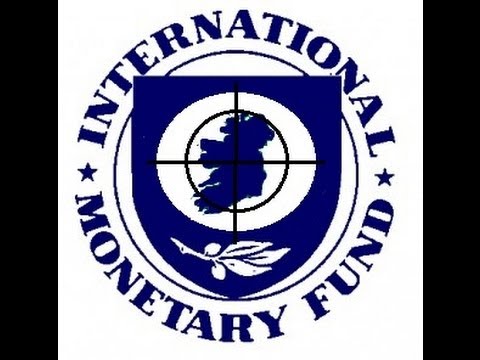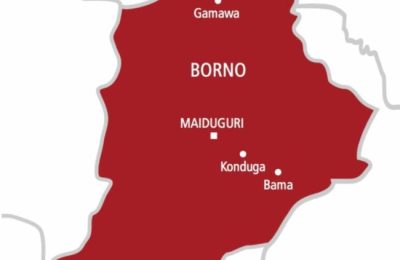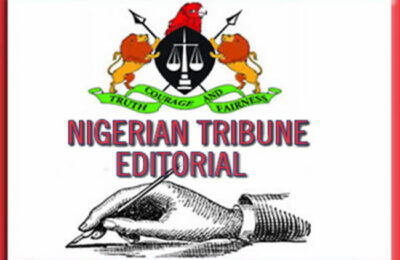Countries that borrow from the International Monetary Fund (IMF) often end up in a cycle of debt and risk a loss of economic sovereignty as countries are forced to implement
IMF-dictated policies, a research report by the Financial Derivatives Company (FDC) has stated.
The firm in its latest economic bulletin disclosed that countries borrowing from the multilateral agencies risk undemocratic governance structure which allows rich countries to impose their will on the Global South.

“IMF serves the interests of its major shareholders rather than the needs of borrowing countries, prioritising Profits Over People. IMF policies have been linked to rising inequality, cuts to social services, and economic instability in borrowing countries,“ the report emphasises.
Neoliberal policies that emphasize the importance of free markets, deregulation, and limited government intervention in the economy are synonymous with IMF/World Bank recommendations.
These policies are based on the belief that economic efficiency, innovation, and overall wealth are best achieved when businesses and individuals operate with minimal state interference. Examples are: Free Markets, Privatization of public institutions, Deregulation, Austerity measures, Globalization among others.
A 2016 IMF study even acknowledged that neoliberal policies promoted by the IMF have often exacerbated inequality.

Consequently, the National Chairman of the People’s Redemption Party (PRP), Falalu Bello earlier raised concern over the continuous use of the economic policies of Bretton Woods Institutions despite their monumental failures in the past, saying they would not take Nigeria to anywhere.
The party said the removal of subsidies on fuel and electricity and devaluation of currency and increases in interest rates, all International Monetary Fund (IMF) and World Bank (WB) economic policies, have combined to push the nation’s misery index to an unprecedented level.
The PRP said from 1975 till date, from Latin America to Africa and beyond, no nation prospered or progressed using IMF or World Bank economic prescriptions, adding that Nigeria witnessed the monumental failures of the policies in the 80s, and 90s.
Falalu in a statement titled, “President Tinubu, Let Nigerians Breath!!!”, said headline inflation is inching up to 40 percent and rising, while poverty level is exacerbating, unemployment and under-employment levels are increasing because of low capacity utilization and factory closures.
According to him, taxes are being increased notwithstanding the developments so also are interest rates!
“We have watched with utter dismay the inclination of the government of President Bola Tinubu towards the continuous use of Bretton Woods Institutions’ economic policy prescriptions despite their monumental failures in the past. The state of affairs of our nation, particularly the challenges of the teaming masses, is avoidable!
“President (Bola) Tinubu, as a leader of the ruling party, the APC under President Buhari was part of the Buhari regime which unfortunately ruined the Nigerian economy. However, except for terminal illness, most sicknesses are curable. The challenges posed or faced could have been addressed or better managed using unconventional and orthodox polices and certainly not the Bretton Wood Sisters’ economic policies, “ the party stated.
However, Governor of Central Bank of Nigeria (CBN), Mr. Olayemi Cardoso, has said the country currently does not need any concessionary funding intervention from the International Monetary Fund (IMF), as it has “access to enough exposures from different areas that should be able to see us through.”
Cardoso, in a 20-minute interview with Bloomberg, also disclosed that the country’s total foreign exchange (FX) inflow hit $24 billion in the first quarter of the year.
He said the problems with Nigeria were only temporary, adding that recent policy efforts by the fiscal authorities are adequate to increase revenues and tax to Gross Domestic Product (GDP).
He emphasised that Nigeria was looking to double diaspora remittances.
Separately, Cardoso, on Wednesday, said the apex bank would continue to collaborate with relevant financial institutions, the fiscal authorities, and the National Assembly to ensure a successful recapitalisation of the banking industry.
READ ALSO: ‘You’re political liability’, Kogi PDP replies Dino Melaye







